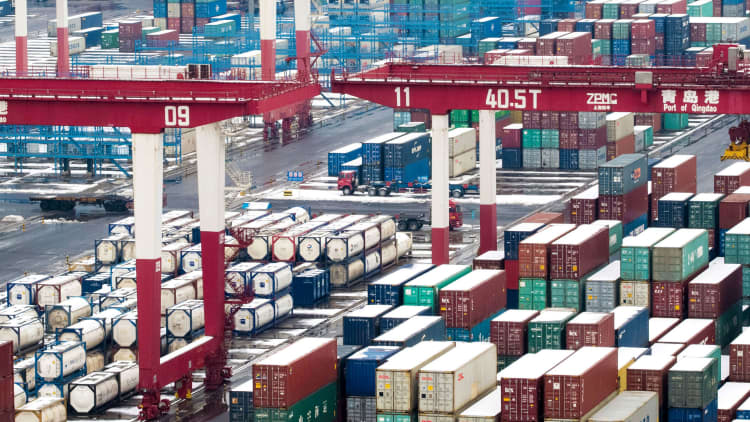The Trump administration announced a plan that could put additional restrictions on foreign investment in U.S. companies.
The Treasury said Wednesday it is expanding the power of a federal panel to review foreign investments beyond takeovers and controlling stakes to include noncontrolling stakes in U.S. businesses that are involved in technology that could be deemed critical to national security. The expanded review includes transactions in which the foreign investor would get nonpublic technical information, a place on the board of directors, or involvement in decision-making.
This applies to businesses in several industries, including telecommunications, semiconductors and computers.
The move is yet another bid to punish Beijing over its trade practices, The New York Times reported on Wednesday.
Already this federal panel, called the Committee on Foreign Investment in the United States, or Cfius, has been actively reviewing foreign takeovers of U.S. companies to make sure national security concerns are protected. Earlier this year, Cfius blocked Singapore-based Broadcom's attempted takeover of U.S.-based chipmaker Qualcomm.
The Trump administration has been trying to prevent China from getting emerging technologies such as 5G, the next generation of wireless. President Donald Trump has been critical of China's trade practices, which he says restrict access to certain markets and force American firms doing business there to hand over valuable technology and trade secrets.
This comes on top of tariffs the U.S. has slapped on some $250 billion of Chinese imports. China has retaliated with its own set of tariffs on U.S. goods.
Trump had considered putting a set of sweeping investment restrictions on China but decided to go along with a plan to grant Cfius broader review power, a win for Treasury Secretary Steven Mnuchin, who had been working behind the scenes to diffuse the trade spat, the Times reported.
Read the Times story here.


